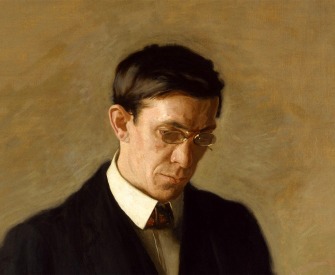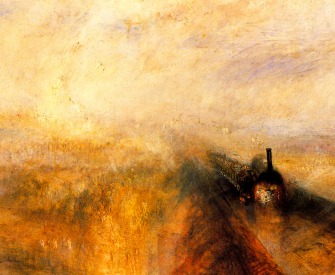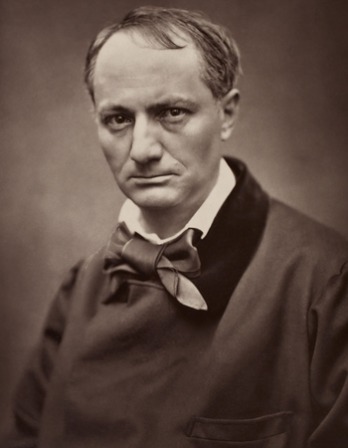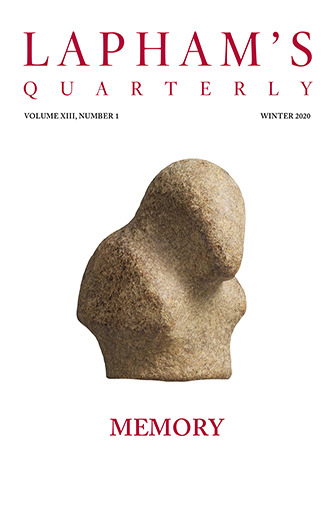Shall I compare thee to a summer’s day?
Thou art more lovely and more temperate:
Rough winds do shake the darling buds of May,
And summer’s lease hath all too short a date;
Sometime too hot the eye of heaven shines,
And often is his gold complexion dimmed;
And every fair from fair sometime declines,
By chance or nature’s changing course untrimmed;
But thy eternal summer shall not fade
Nor lose possession of that fair thou owest;
Nor shall death brag thou wanderest in his shade,
When in eternal lines to time thou growest:
o long as men can breathe or eyes can see,
o long lives this, and this gives life to thee.
From Sonnet 18. While some of Shakespeare’s sonnets date from the 1590s, the first collection of them was printed in 1609; it was perhaps the frequent plague-forced closures of London’s theaters over the previous two years that inspired the playwright to seek an alternative form of income by publishing the poems. Between 1609 and 1611 Shakespeare wrote Cymbeline, The Winter’s Tale, and The Tempest for the King’s Men; they are among the last plays he composed before his death in 1616.
Back to Issue





